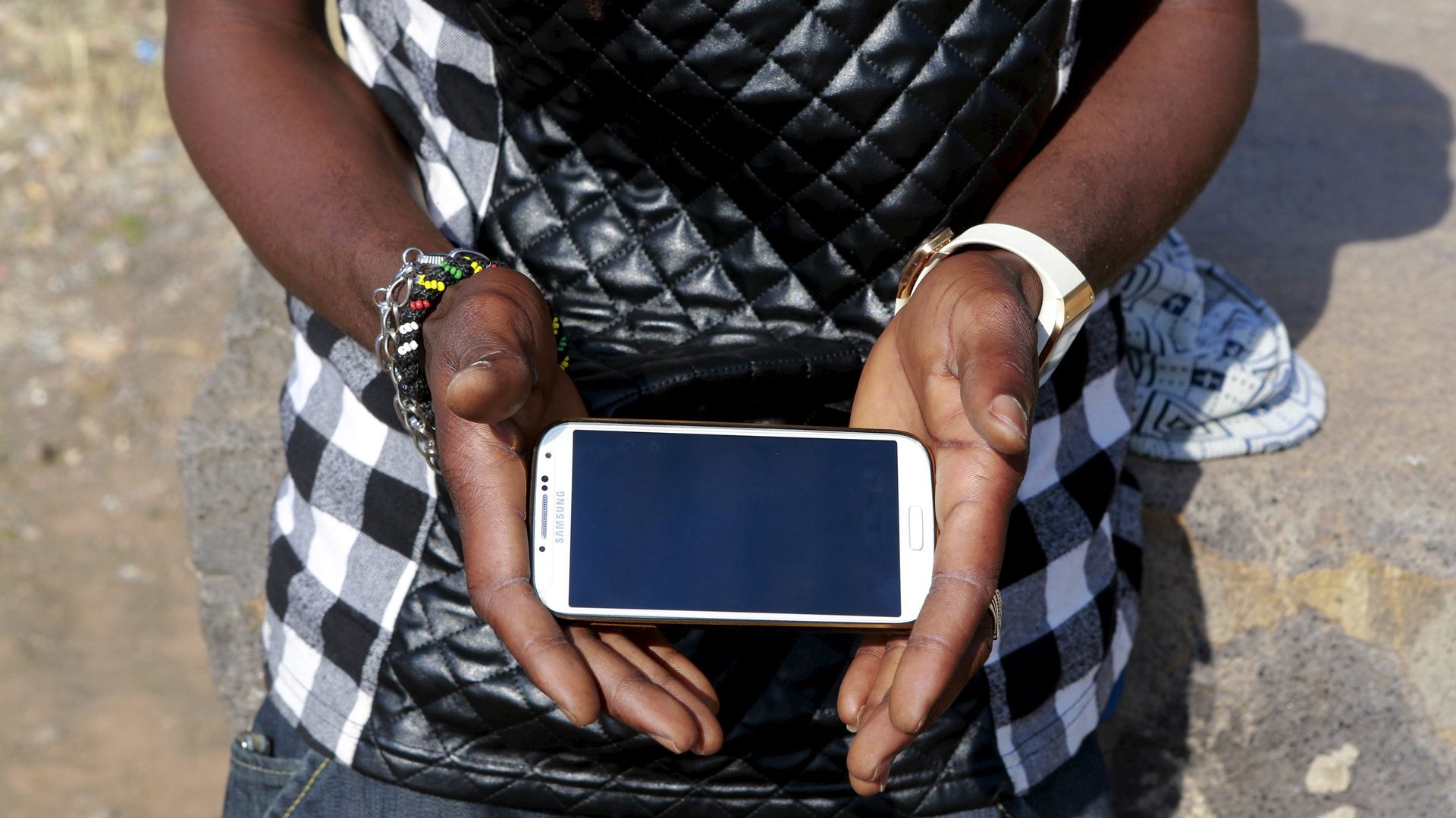Promoting local languages will get more Africans connected online
Promoting local languages and providing relevant, homegrown content could increase internet adoption across the African continent, a new report finds. The report (pdf), published by the Internet Society, a non-profit dedicated to internet policy, finds that despite the increased access to mobile and telecom infrastructure in Africa, internet adoption was still lagging behind.


Promoting local languages and providing relevant, homegrown content could increase internet adoption across the African continent, a new report finds. The report (pdf), published by the Internet Society, a non-profit dedicated to internet policy, finds that despite the increased access to mobile and telecom infrastructure in Africa, internet adoption was still lagging behind.
The continent’s full connectivity is being hampered by the lack of pertinent programs targeting its mobile users, and the availability of those programs in their own languages, says the report. In Africa, mobile is still the primary way of getting online, given the low availability of fixed lines. However, the continent is the least connected region in the world, with only 303 million out of 565 million mobile users accessing the internet via mobile. This showcases that the “barrier to further adoption today is less of an infrastructural problem and more of a relevance one,” the report notes.
The Internet Society’s findings is in line with a report released by GSMA Intelligence on the consumer barriers to mobile internet in July. After surveying 1,000 people in each of 13 African countries, the study showed that lack of digital skills and language barriers still kept many Africans, particularly the poor people, off the grid. Around 320 million people in Sub-Saharan Africa and 140 million others in North Africa who are covered by mobile broadband do not use it.
These shortcomings significantly reduce the transformational power of the internet in Africa, and its contribution to the progress of the education, health and agricultural sectors. The drawbacks also impact the economic potential of the internet, which is expected to add $300 billion to Africa’s GDP in the next decade.
The language barrier doesn’t only affect international entertainment and social products. Many users were also not comfortable with e-government services delivered in national languages like English.
There was also a notable lack of engagement with social media and knowledge sites like Facebook and Wikipedia, the numbers of which are among the lowest in the world. Facebook currently supports languages like Hausa, Kiswahili, Somali and Arabic on its platform, and its founder Mark Zuckerberg promised to support more languages during his first visit to sub-Saharan Africa in August. Free Basics, Facebook’s zero-rated data service, might also be problematic for many African users, given that it addresses the issue of affordability and not obstacles related to content or infrastructure.